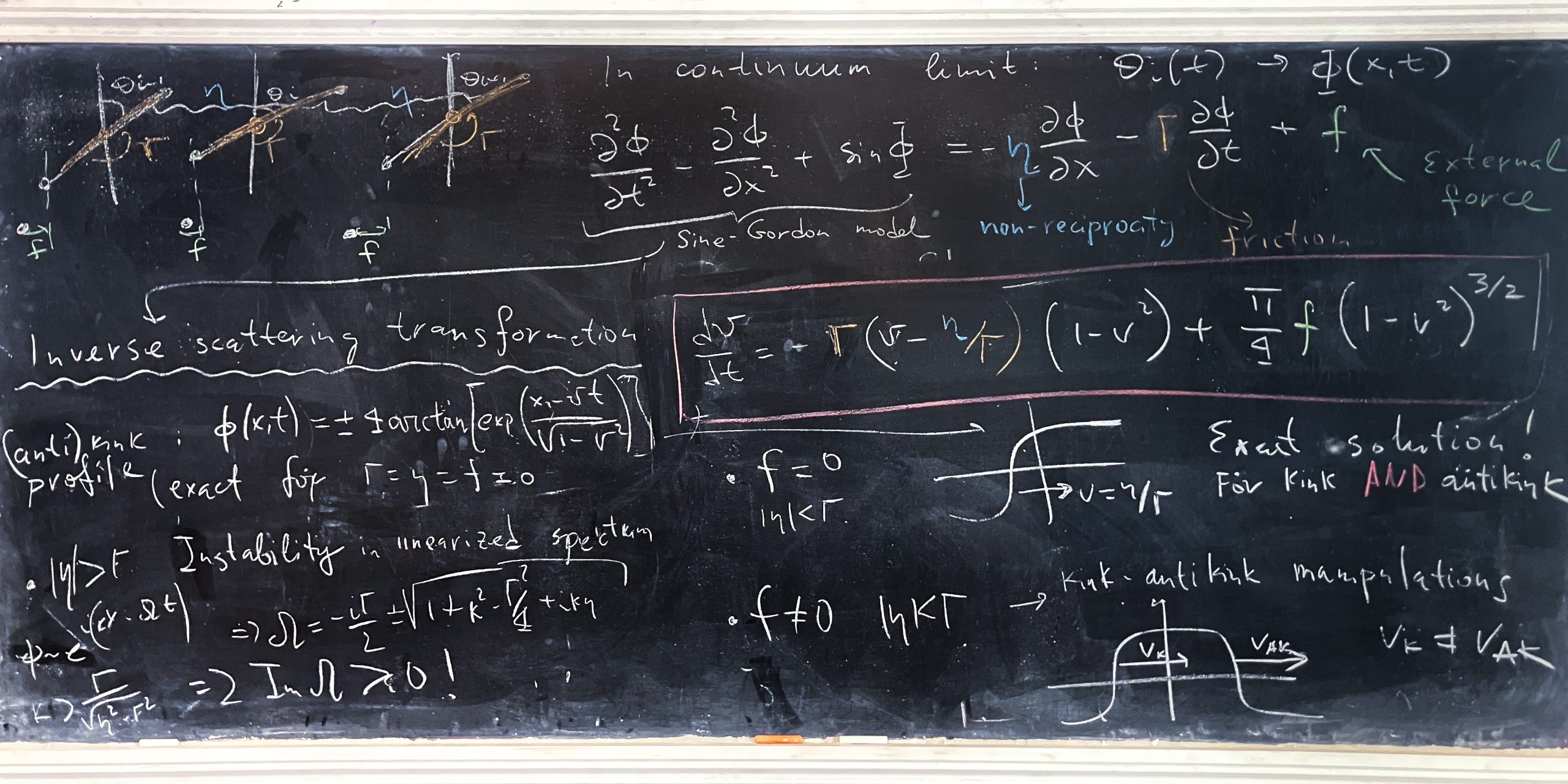- All updates
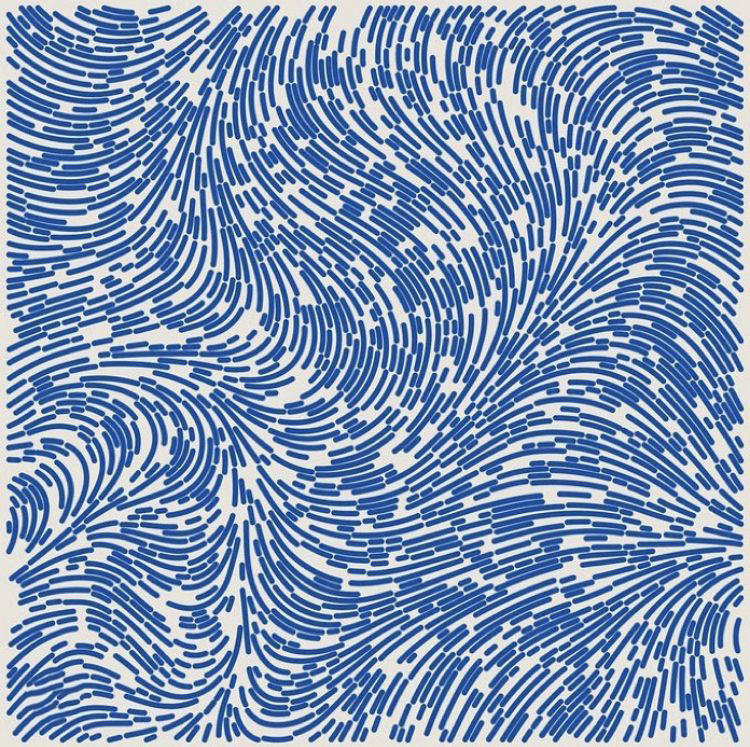
Eventscoming 5 feb
Phases and phase gates
Alison Warman explains how Symmetry Topological Field Theory classifies quantum phases and informs advances in quantum information research.
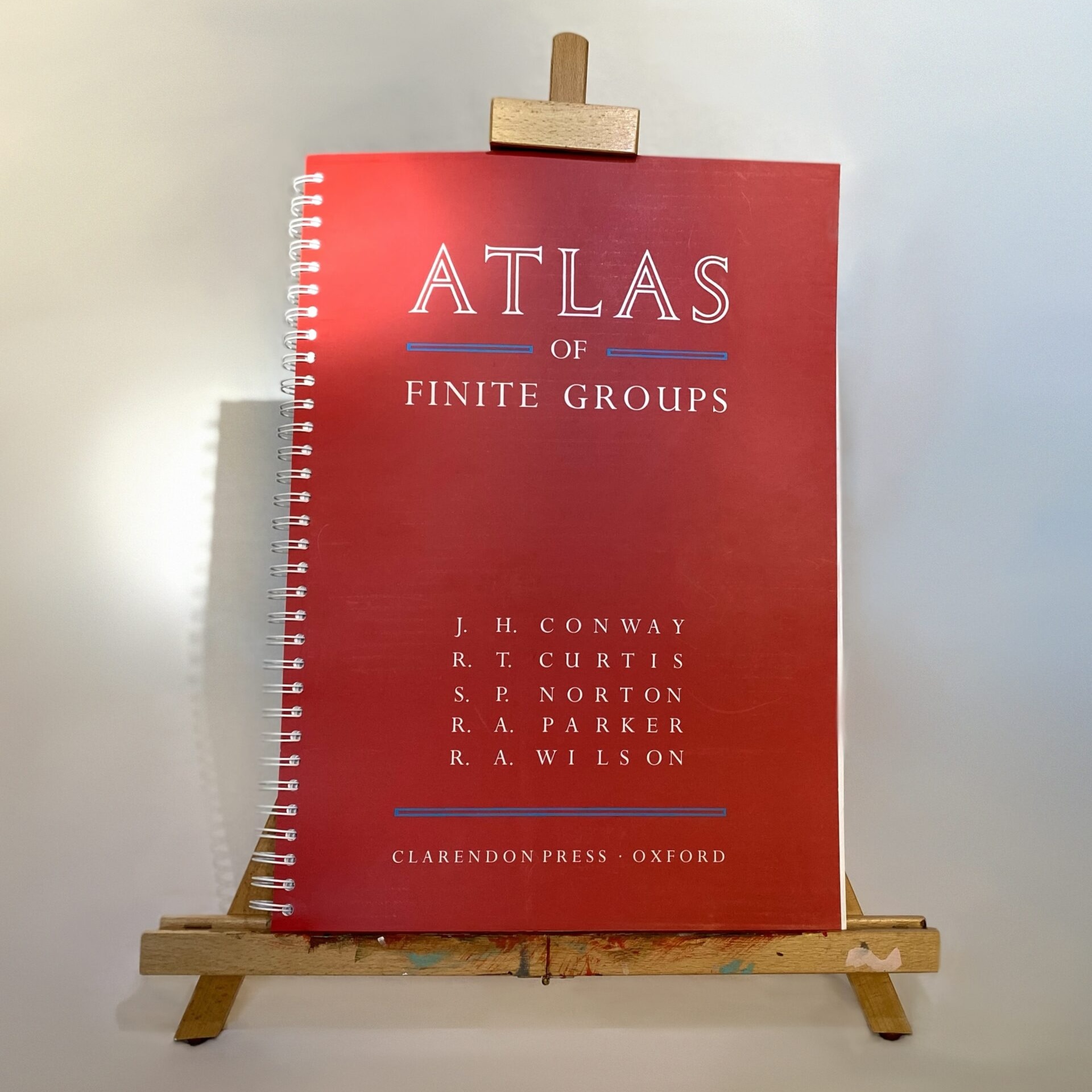
Eventscoming 5 Mar
Simon and the ATLAS
In the third Simon Norton Lecture, Robert Curtis will describe Simon’s pivotal contributions to the classic ATLAS of Finite Groups.
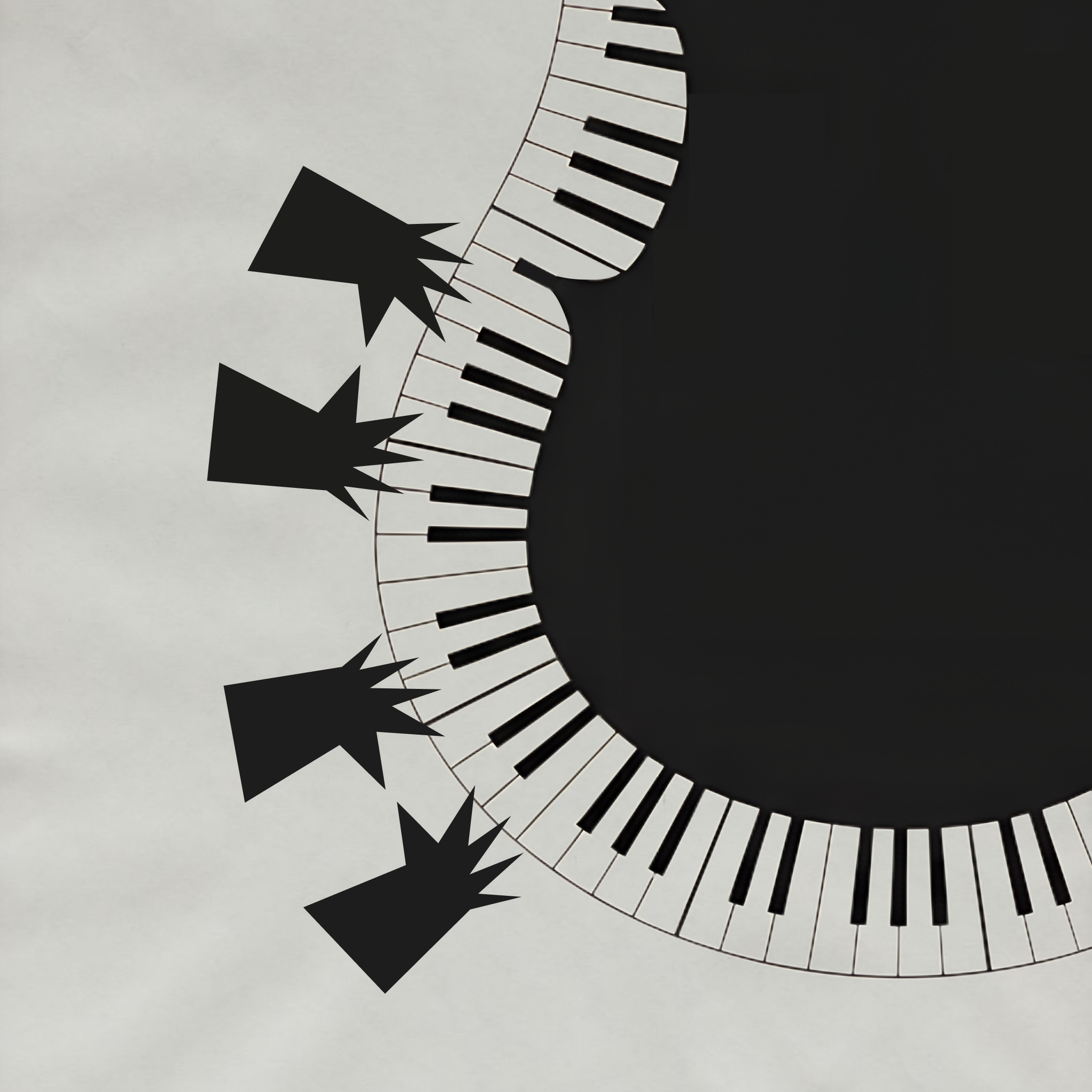
Eventscoming 13 feb
Piano and patterns
The Grynyuk brothers perform piano music for four hands by Brahms and Schubert, with a mathematical interlude by LIMS Fellow Yang-Hui He.
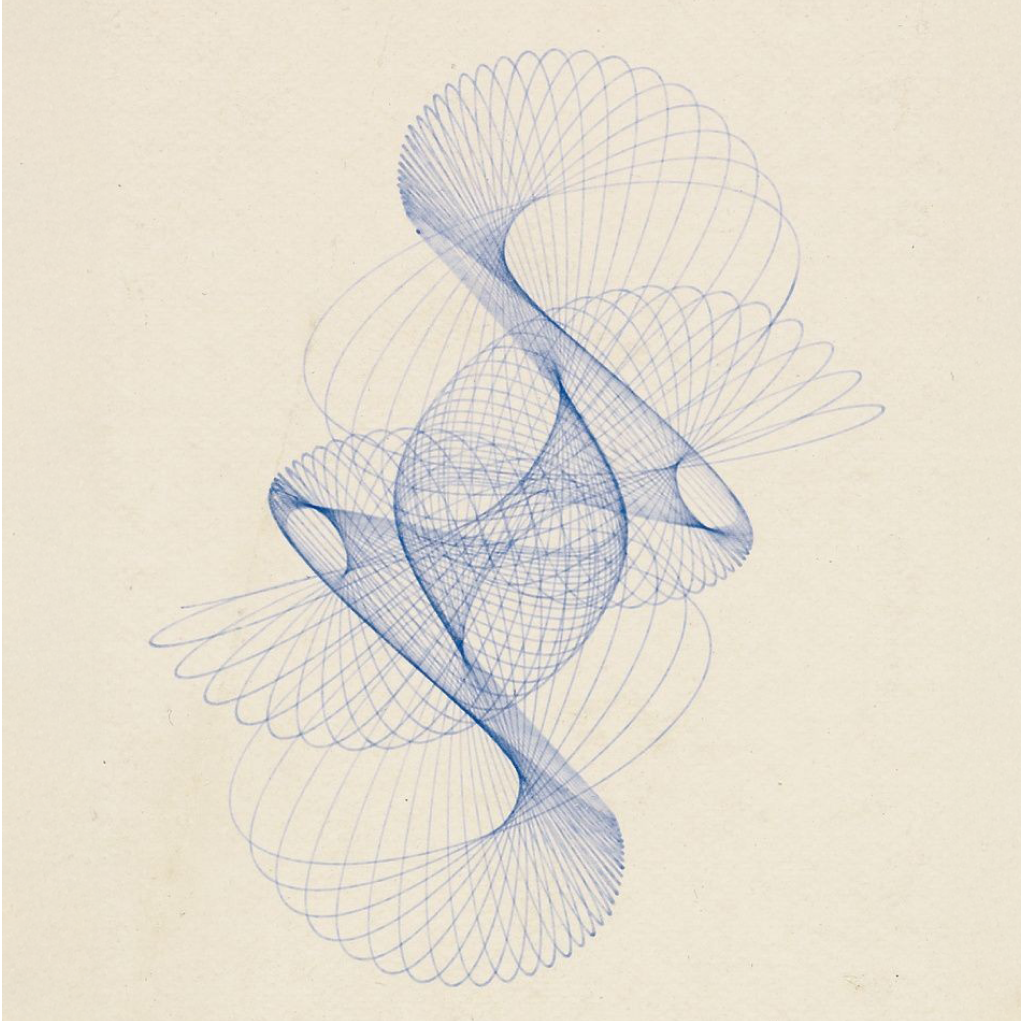
Events29 Jan
Functional freedom
Philosopher James Read explores how ideas of functional freedom shape the renowned mathematician Roger Penrose’s critique of string theory.

Papers22 Jan
Exact hard-rod dynamics
A canonical quantum fluid model is solved exactly, revealing universal correlation patterns governed by Gaussian random-matrix ensembles.
Events22 Jan
Learn AI for maths
The London Institute hosts a 14-week course by Nebius Academy on using AI to explore ideas and generate and test conjectures in mathematics.
Press6 Jan
Probing AI’s limits
Arnold & Landau AI Fellow Mikhail Burtsev is exploring how machine learning models reason. The answer could make tools like ChatGPT smarter.
Events5 Jan
Meet Edward Frenkel
Edward Frenkel charts his path from Moscow to Berkeley and the quest for a unified theory of maths with the London Institute and its guests.
Papers5 Jan
Why AI works
The repeated application of logics in a globally connected architecture gives rise to an exponential bias towards simple output functions.
Papers1 Jan
Higher energies
Generalising the recent Kelley–Meka result on sets avoiding arithmetic progressions of length three leads to developments in the theory of the higher energies.
Papers31 Dec 2025
Fermionic dark matter
Gravitational anomalies causing baryon and lepton number violation in the Standard Model are resolved using new fermionic topological orders.
People16 Dec 2025
New governor
As well as a LIMS governor, Nick Longrich is a palaeontologist and writer, and senior lecturer in evolutionary biology at Bath University.
Papers16 Dec 2025
Standard Model vacuum
The rich and intricate vacuum geometry of the Minimal Supersymmetric Standard Model—a complex manifold—is characterised for the first time.
Events15 Dec 2025
Finite vs continuous
Pavel Putrov explores surprising connections between 3D topological gauge theories based on finite groups and their continuous counterparts.
Events12 Dec 2025
Meet Edward Frenkel
Edward Frenkel charts his path from Moscow to Berkeley and the quest for a unified theory of maths with the London Institute and its guests.
Events11 Dec 2025
Permutation group limits
Colva Roney-Dougal gives new bounds on minimal generating sets in permutation groups and shows what they reveal about product replacement.
Events11 Dec 2025
Feynman’s last wish
Edward Frenkel illuminates Feynman’s final quest—to learn the Bethe Ansatz—with fresh insights from the geometric Langlands correspondence.
Press10 Dec 2025
The art of science
On the day of the Nobel awards, our writer Thomas Hodgkinson writes in The Critic about the common ground between the arts and the sciences.
Events9 Dec 2025
String Data 2025
The London Institute co-hosts the leading international conference at the intersection of string theory, data science and machine learning.
Press7 Dec 2025
The art of the Delo
Our trustee Ben Delo talks to The Sunday Telegraph’s James Titcomb about his journey from bitcoin billionaire to free speech philanthropist.
Papers4 Dec 2025
Standard Model vacuum
The journal Physics Letters B accepts the research paper “Vacuum geometry of the standard model” by our fellow Yang-Hui He and his coauthors.
Papers4 Dec 2025
Towards optimal control
Time-optimal control of large quantum systems is computed efficiently by applying boundary conditions to a brachistochrone–Lax framework.
Events27 Nov 2025
The magic of DAU
Dmitry Kaledin reflects on the DAU project—an audacious theatrical experiment probing science and belief in the Soviet Union and beyond.
Events26 Nov 2025
Algebraic exchange
The London Institute hosts a workshop on algebraic geometry for PhD students to share their research results and initiate collaborations.
Events25 Nov 2025
Van der Waerden proven
In this seminar, Fields Medalist Manjul Bhargava proves the van der Waerden conjecture on counting polynomials with small Galois groups.
Events25 Nov 2025
Meet Manjul Bhargava
We hail India’s elite mathematical talent—and our Ramanujan Junior Fellowships scheme to nurture it—with Fields Medalist Manjul Bhargava.
Events24 Nov 2025
Homotopy & categories
In two lectures, Dmitry Kaledin explores progress towards a non-commutative Hodge theory and a theory of homotopically enhanced categories.
Events21 Nov 2025
Tensor–matrix gravity
Daniel Jafferis outlines a tensor–matrix model constrained by crossing, its proposed gravity dual and a BCFT version encoding amplitude data.
Events20 Nov 2025
Launching Lovelace labs
The Tony Blair Institute unveils its vision for a new kind of research institution to policymakers and the press at the London Institute.
People17 Nov 2025
New governor
As well as a LIMS governor, Pinar Emirdağ is an entrepreneur who works in market structure, electronic trading and digital capital markets.
People15 Nov 2025
New governor
As well as a LIMS governor, Tom Walton Pocock founded Geometry, an investment firm backing companies building at the frontiers of computing.
Events10 Nov 2025
Geometry of amplitudes
Ran Tessler reveals how the amplituhedron connects quantum field scattering amplitudes to cluster algebras through geometry and symmetry.
Events7 Nov 2025
Defects and duality
Brandon Rayhaun examines the long-distance physics of defects in QFTs through anomalies and the irreversibility of renormalisation flow.
Events7 Nov 2025
Why AI works
Our director Thomas Fink explains why the repeated application of simple logics induces a bias towards simplicity, with applications to AI.
Events6 Nov 2025
How innovation works
In the Royal Institution’s lecture theatre, Martin Reeves reveals the startling truth about how innovation happens in science and technology.
Events6 Nov 2025
The double copy
Chris White traces the origins and impact of a remarkable new correspondence linking non-abelian gauge theories with general relativity.
People3 Nov 2025
Congratulations, Arman
For his work on the birational geometry of Mori fibre spaces, Arman Sarikyan receives the Edinburgh Mathematical Society’s PhD thesis prize.
Papers31 Oct 2025
Futaki for reflexives
We compute Futaki invariants for gauge theories from D3-branes that probe toric Calabi-Yau singularities arising from reflexive polytopes.
Events20 Oct 2025
Meet Stephen Wolfram
Theoretical physicist and innovator Stephen Wolfram discusses the big questions facing science with the London Institute and its guests.
Events20 Oct 2025
Random matrices
Fedor Levkovich-Maslyuk traces how matrix models reveal striking connections between quantum gravity, string theory and integrability.
Events17 Oct 2025
Tiling and Tonnetze
Konstanze Rietsch explores Euler’s Tonnetz through the lens of modern geometry, revealing new links between music, symmetry and harmony.
Events17 Oct 2025
Strings from graphs
Edward Mazenc shows how Grothendieck’s dessins d’enfants reveal a deep link between gauge theory, string theory and the AdS/CFT duality.
Events17 Oct 2025
Gapping chiral fermions
Rishi Mouland demonstrates how generalised notions of symmetry can be used in novel ways to probe strongly coupled quantum field theories.
Press16 Oct 2025
Bubble trouble
In his Financial Times column on the AI boom, John Thornhill quotes our live interview with physicist and entrepreneur Stephen Wolfram.
Events16 Oct 2025
Defects and scattering
Christian Copetti from Oxford University shows how generalised symmetries guide quantum systems, shaping boundary conditions and defects.
Papers13 Oct 2025
Futaki for reflexives
The Journal of Mathematical Physics accepts the paper “Futaki invariants and reflexive polygons” by our fellow Yang-Hui He and coauthors.
Events13 Oct 2025
Meet Stephen Wolfram
Theoretical physicist and innovator Stephen Wolfram discusses the big questions facing science with the London Institute and its guests.
Press12 Oct 2025
A bridge with India
Nature India’s editor hails our Ramanujan Junior Researchers scheme, inspired by the friendship between Srinivasa Ramanujan and G.H. Hardy.
Press12 Oct 2025
Murmuration of assent
In a letter in The Sunday Times, our fellow Yang-Hui He affirms that, with the proper support, AI promises to reshape discovery itself.
News9 Oct 2025
Ramanujan Researchers
The London Institute is partnering with the Indian government to create a scheme for young theorists and mathematicians to work with us.
People9 Oct 2025
New governor
As well as a LIMS governor, Amit Jain is a co-founder of Signal Capital Partners, a $5bn private asset management firm, based in London.
People8 Oct 2025
New governor
As well as a LIMS governor, Ammad Ahmad is a founding partner at Atheneum, a market insights platform that has offices worldwide.
People7 Oct 2025
New governor
As well as a LIMS governor, Thore Graepel is a physicist, computer scientist and Distinguished Researcher in AGI Futures at Google DeepMind.
Events7 Oct 2025
Maths in the age of AI
In the Royal Institution’s lecture theatre, Prof. Yang-Hui He reflects on how growing AI-human collaboration is shaping the future of maths.
Events7 Oct 2025
AI’s history of hype
Thomas Haigh traces the rise of AI as an overhyped brand, from failed ideas to today’s powerful technologies and their unsettling impact.
People6 Oct 2025
New trustee
As well as a LIMS trustee, Ben Delo is an entrepreneur and philanthropist whose causes include neurodiversity and mathematical discovery.
Events3 Oct 2025
Integrable statistics
Alessandro Torrielli examines spin, statistics and strange particle behaviour in 1+1-dimensional integrable models and AdS_3 string theory.
Events3 Oct 2025
Surveying scattering
Prof. Mark Gross explores how scattering diagrams are a powerful tool for capturing wall-crossing data in many diverse mathematical contexts.
Events2 Oct 2025
Mechanics in a box
Prof. Darryl Holm explores how geometric mechanics links symmetry-breaking to dynamics, revealing patterns in nature’s complex systems.
Press29 Sep 2025
Faraday’s masterclass
In The Oldie, our writer Thomas Hodgkinson celebrates the Royal Institution’s Friday Evening Discourses, the world’s oldest science talks.
